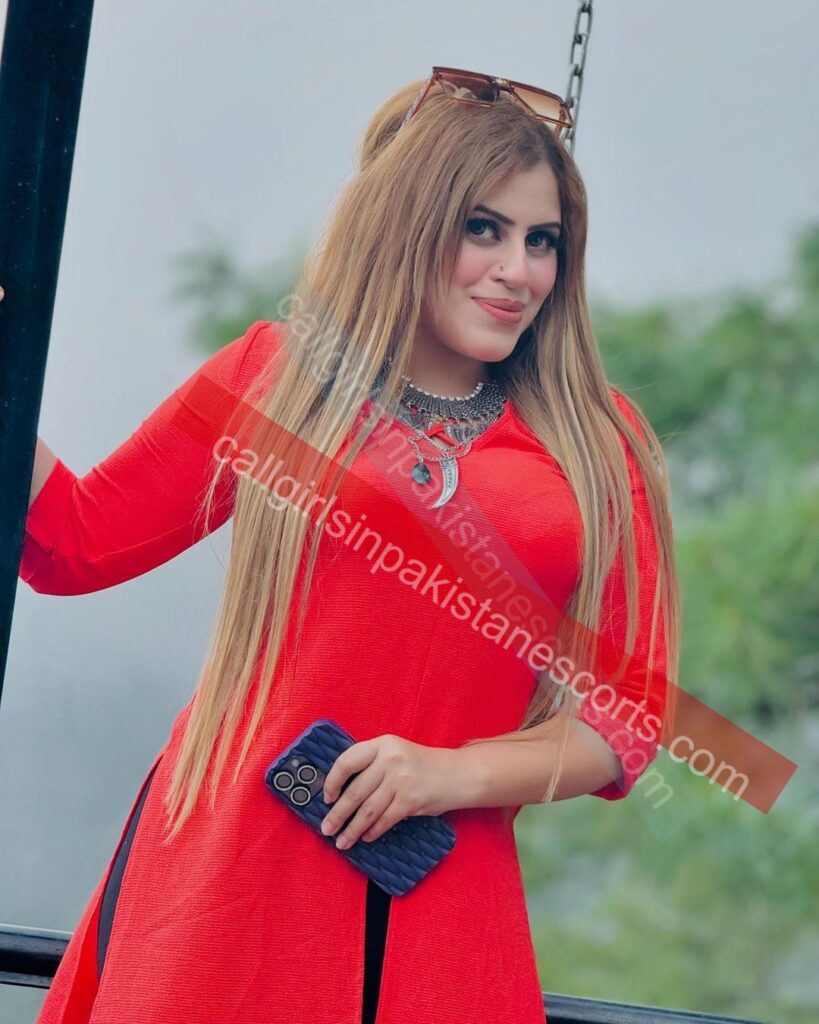Karachi, Pakistan’s largest and most populous city, is a bustling metropolis known for its vibrant culture, rich history, and economic opportunities. However, like many large cities around the world, it also has a hidden side that reflects social issues, economic disparities, and the complex dynamics of human relationships. One of the more controversial aspects of Karachi’s social landscape is the presence of Call Girl Karachi, which has sparked debates regarding morality, legality, and the factors driving this industry.
Understanding the Landscape
The term “call girl” refers to a woman who offers companionship and often sexual services in exchange for money. In Karachi, the call girl scene exists within a larger, often stigmatized framework of sex work. While sex work is illegal in Pakistan, the demand for such services continues to drive an underground economy. This paradox presents unique challenges as well as opportunities for those involved.
The Socio-Economic Factors
Several socio-economic factors contribute to the existence of the call girl scene in Karachi.
- Poverty and Financial Struggle: Many women enter the sex industry as a means of survival in a city where economic opportunities can be limited. Faced with few options, some may choose to become call girls as a way to support themselves or their families.
- Urbanization and Migration: As people from rural areas migrate to Karachi in search of better livelihoods, some women find themselves in vulnerable situations, leading them to seek work in the sex industry. The lack of resources and support can push them into precarious circumstances.
- Cultural Pressures and Stigma: In a conservative society like Pakistan, discussions about sex work are often shrouded in stigma and taboo. This cultural landscape can complicate the lives of women in this profession, often forcing them to navigate hidden networks and work under challenging conditions.
The Impact of Technology
In recent years, technology has transformed various industries, including the sex work sector. The advent of the internet and mobile applications has allowed women to connect with clients more discreetly and manage their own schedules. Social media platforms have also provided avenues for advertising services, making it easier for call girls to reach potential clients while maintaining a degree of anonymity.
The Human Element
At the core of the Call Girl In Karachi are the women who navigate this complex landscape. Many are looking for autonomy and financial independence, seeking to take control of their lives in a society that often offers them limited choices.
However, the realities faced by these women can be harsh. Issues such as exploitation, abuse, and violence are prevalent in the industry. There are rare stories of empowerment, but often, the narrative is more about survival in an unforgiving environment rather than choice.
Legal and Social Ramifications
The legal status of sex work in Pakistan complicates the safety and rights of those in the industry. Because sex work is illegal, call girls often find themselves with little legal recourse in instances of violence or exploitation. Authorities may view them with suspicion, leading to harassment rather than protection.
This situation raises significant questions about social justice, women’s rights, and harm reduction. Advocates argue for the decriminalization of sex work, suggesting that doing so would lead to better health and safety outcomes for sex workers and society as a whole.





